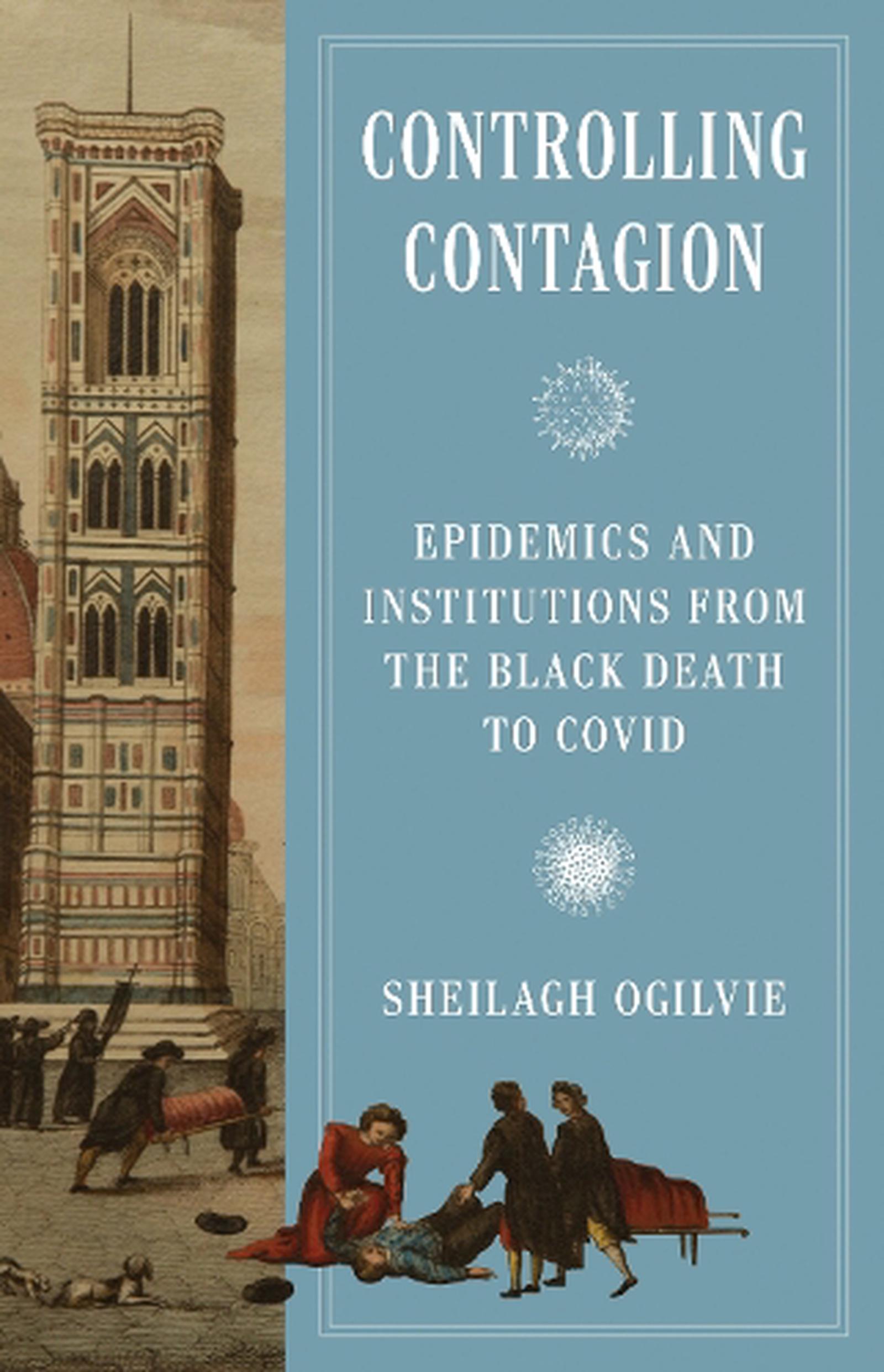Controlling Contagion
,gravity=Center,allowExpansion)
Collect 62 Everyday Rewards points
,gravity=Center,allowExpansion)
Collect 62 Everyday Rewards points
How human institutions markets, states, communities, religions, guilds and families have helped both to control and to exacerbate epidemics throughout history.
How do societies tackle epidemic disease? In Controlling Contagion, Sheilagh Ogilvie answers this question by exploring seven centuries of pandemics, from the Black Death to Covid-19. For most of history, infectious diseases have killed many more people than famine or war, and in 2019 they still caused one death in four. Today, we deal with epidemics more successfully than our ancestors managed plague, smallpox, cholera or influenza. But we use many of the same approaches. Long before scientific medicine, human societies coordinated and innovated in response to biological shocks sometimes well, sometimes badly.
Ogilvie uses historical epidemics to analyse how human societies deal with 'externalities' situations where my action creates costs or benefits for others beyond those that I myself incur. Social institutions markets, states, communities, religions, guilds, and families help us manage the negative externalities of contagion and the positive externalities of social distancing, sanitation, and immunisation. Ogilvie shows how each institution enables us to coordinate, innovate and inspire each other to limit contagion. But each institution also has weaknesses that can make things worse. Markets shut down voluntarily during every epidemic in history but they also brought people together, spreading contagion. States mandated quarantines, sanitation, and immunisation but they also waged war and censored information, exacerbating epidemics. Religions admonished us to avoid infecting our neighbours but they also preached against science and medical innovations. What decided the outcome, Ogilvie argues, was a temperate state, an adaptable market, and a strong civil society where a diversity of institutions played to their own strengths and checked each other's flaws.
We provide shipping to most Australian addresses (excluding some areas outside of our courier's delivery zone).
We use a combination of Australia Post, Aramex and Direct Freight Express to get your order to you.
For an accurate shipping cost, add the items you want to your cart and enter your shipping area.
Orders of multiple items may come in separate parcels.
All returns must be started within 30 days of delivery. We kindly request that you don’t try to return the item without letting us know as every situation can be resolved differently.
Sometimes items are damaged during delivery, or have manufacturing defects. If this is the case or you have received an incorrect item, get in touch with us as soon as possible and we will do our best to fix as soon as we know. Visit our contact page to send a query.
Change of mind returns are accepted within 30 days of delivery for most items in resellable and unopened condition. Most items are eligible for free returns however each item in your order may have a different return policy. Some items cannot be returned due to change of mind.
To check the return policy for your item look on each item page for the returns section. Please note that the few items that are not eligible for free returns may incur a re-stocking fee in addition to having to pay for shipping to return the item.
SKU: 9780691255569
Estimated Delivery Time Frame:5-10 business days
Ask a Question About This Product
Reference ID: 15122849